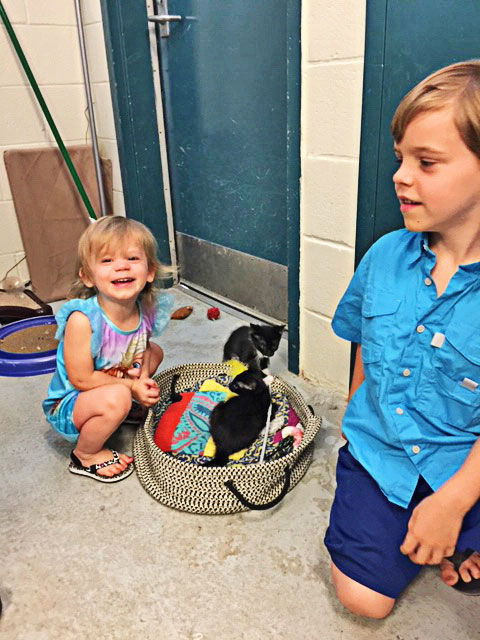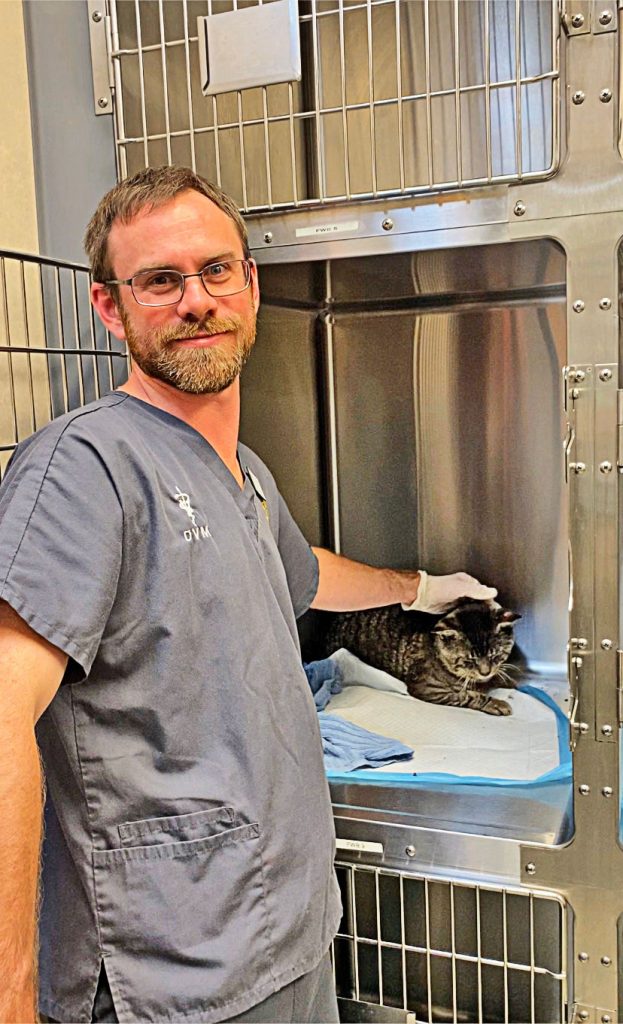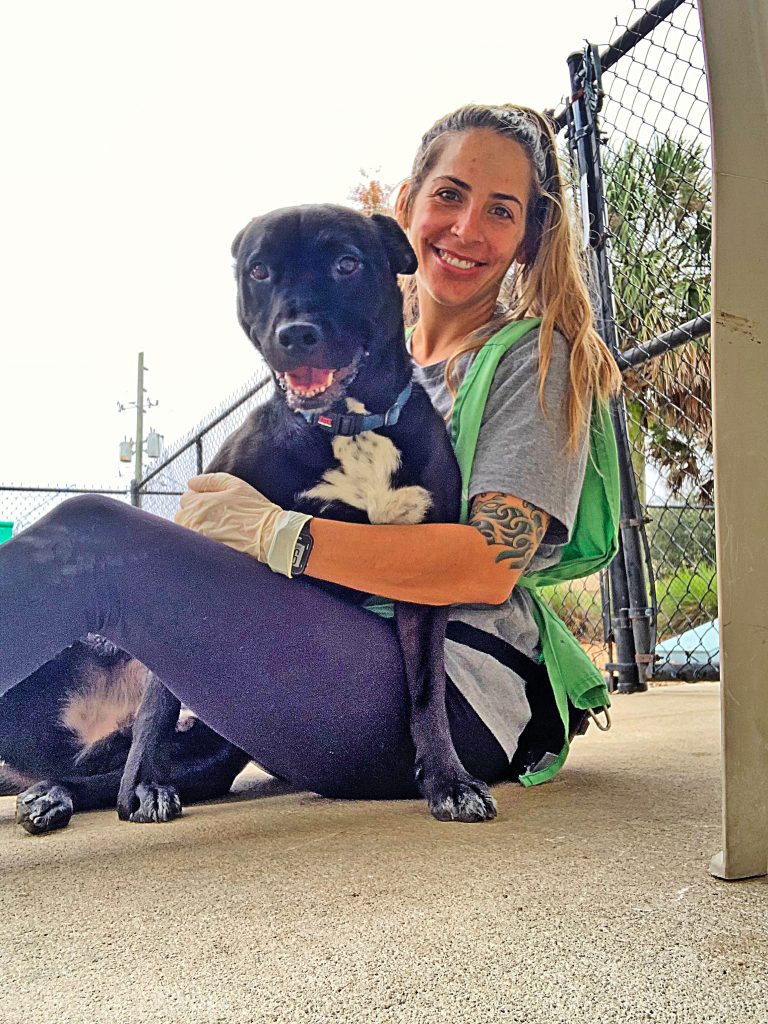CDC: Companion pets won’t get you sick
Pet owners, who question if the new coronavirus COVID-19 can infect or harm animals, will take comfort in the constantly updated information now available. The U.S. Centers for Disease Control & Prevention (CDC), in coordination with the scientific veterinarian community and leading animal experts and organizations, have released pet owner and pet safety guidelines to inform and reassure the public. The CDC is the U.S. agency committed to save lives and protect citizens from health threats.

While worldwide research and tests progress regarding how pet dogs, cats and other animals react when exposed to the COVID-19 virus, pet owners should monitor new information. During the rapidly evolving fight to understand, contain and eliminate the new coronavirus, recommendations will continuously update for the foreseeable future.
The CDC, the World Organization for Animal Health and the World Small Animal Veterinary Association have all issued advisories stating there is no current evidence that companion animals can spread the new coronavirus or that pets or any animals in the U.S. are a source of infection. The World Health Organization (WHO) specifically stated that COVID-19 is not believed to pose any health threat to dogs. As a safety precaution, pet owners are advised to isolate themselves and their pets from possible contact with anyone (or their pets) who may be confirmed or suspected to have the COVID-19 virus.
“At this time, we do not have evidence that pets can get or spread COVID-19, although it is always good for people to practice careful handwashing after handling pets and picking up or disposing of pet waste,” Dr. Gail Hansen, DVM, MPH said. “When possible, have another member of the household care for your animals while you are sick, [if you become ill].” COVID-19 is believed to spread through droplets when an infected person coughs, sneezes, or speaks. Hansen is a Public Health and Infectious Disease Epidemiology Professor, former executive director of the Humane Society Veterinary Medical Association and served on the Infectious Diseases Society of America Public Health Committee.

WHO issued an identical statement regarding pets and COVID-19, but revised it on March 13. WHO’s new statement is as follows: “Currently, there is no evidence that pets such as dogs and cats have infected humans with COVID-19.”
This revised statement was released in response to the reported infection of one pet dog in Hong Kong. WHO advised, “if pets go out, they have the chance to become infected, and then must also be isolated. In addition to [possibly infected] people, we should be careful with [contact with] other mammals, especially pets.”
The pet dog tested in Hong Kong indicated “low-level infection” with COVID-19 that is believed to be “a case of human-to-animal transmission” caused by close interaction with an infected owner, according to the CDC. The University of Illinois at Urbana-Champaign College of Veterinary Medicine further clarified that the Hong Kong dog’s infected owner was “likely shedding large quantities of virus. This led to the virus being in the dog’s nose. There was coronavirus on the dog, just like on the floor in the room. There is no indication that the dog became sick or showed any symptoms.”
“We are not overly concerned about people contracting COVID-19 through contact with dogs and cats,” said Dr. Gail Golab, chief veterinary officer of the American Veterinary Medical Association. “Petting a dog’s fur is considered low risk, because we know that the virus survives best on smooth surfaces such as countertops and doorknobs, [inanimate surfaces such as glass and metal]. Porous [soft] materials, such as pet fur, tend to absorb and trap pathogens, making it harder to contract them through touch.”
The American Kennel Club’s (AKC) Chief Veterinary Officer, Dr. Jerry Klein, noted that the CDC has reported no cases of pets or other animals infected with the COVID-19 virus in the United States. Dr. Klein urged common sense best practices when handling pets or any animals.
“If you have children, you wouldn’t let them touch a puppy and put their fingers in their mouth, because they can have fecal contamination,” Dr. Klein said. “The general practice of washing our hands after touching a puppy or dog – that’s normal hygiene.”
Healthy pet owners in the U.S. should follow basic hygienic precautions. Frequently and thoroughly wash hands with soap and water for at least 20 seconds before and after contact with dogs, cats, or other pets, their food, waste and supplies. If soap and water are unavailable, use hand sanitizer with at least 60% alcohol. To reduce the spread of germs, wipe pet paws clean when they enter or exit the home.
If a pet owner tests positive for COVID-19, is suspected of infection or has been exposed to the virus, they should “restrict contact with animals both to avoid exposing the pets and to prevent getting the virus on their skin or fur, which might be passed on to another person who touches the animal.” If there is any change in a pet’s health, immediately consult a veterinarian.

Adopters needed for homeless animals
Currently the Jacksonville Humane Society (JHS) is the only city shelter open to the public. Because of the Coronavirus crisis, JHS is in desperate need of adopters and fosters to open their hearts to homeless dogs and cats, so that kennel space will be free for incoming animals. Shelter hours are weekdays from 12 – 7 p.m. and weekends from 10 – 5 p.m. Their website is www.jaxhumane.org or facebook.com/Jaxhumane.
Jacksonville Animal Care & Protective Services (ACPS) is closed to the public due to the coronavirus crisis, while they simultaneously fight an outbreak of canine pneumovirus inside the shelter that has infected some dogs. There is no preventive vaccine for pneumovirus, a highly contagious respiratory disease that only infects dogs. Pneumovirus can be successfully treated for full recovery and rarely results in death, but exposed dogs must be quarantined from healthy dogs.
As shelter staff work to eliminate the outbreak, they need fosters, with no other dogs at home. To foster any of approximately 100 foster-eligible dogs, email the foster department at [email protected]. All veterinarian care and medications are free of charge for JHS or ACPS fosters. If adoption or foster help is not possible, monetary or supply donations would be a tremendous gift to both shelters at this critical time. ACPS website is: coj.net/animal-care-protective-services or facebook.com/jaxanimalcare.






